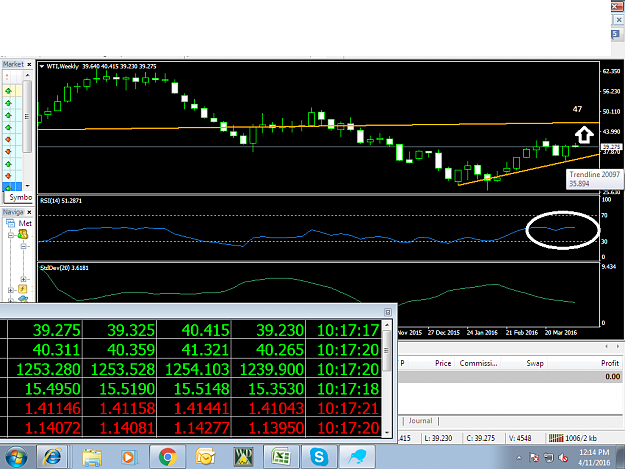DislikedI just want to give you a small hint you could possibly think over. I noticed you do not appreciate martingale. Neither do I, but I am forced to use it. Here is a little idea you can think over. How about, if you have a very good martingale-based strategy which normally would require an awful amount of capital to trade it (but you don't have it) and you start trading against it (which will involve you into... hedging it, fully or partially)? What do you think would happen?Ignored
Secondly, I see trading as being about achieving the optimum balance between maximizing return and managing risk (info on the latter here). In general, martingale escalates position size, increasing risk of ruin exponentially. That is my primary objection to it (assuming one is trading a worthwhile size account).
Not sure if you've grasped where I'm coming from about the same-pair-hedging. To be brief, I see hedging in itself as being worthless, as it is always the net position (long, short or flat) that determines all of (i) P/L, (ii) exposure and (iii) margin consumption. At best hedging allows operational convenience, otherwise it is merely an unnecessary complication that obscures the reality of the net position. See here and here for more information.
You talk about trading against the martingale. Trading against (i.e. reversing) an edgeless strategy results in another edgeless strategy. I recently gave my reasons here and here. Hence you would need to demonstrate that the entries/exits behind the martingale represented a losing, as opposed to edgeless, strategy, for there to be any value in trading against it.
I can go into all of this, especially the martingale categories, in more detail if you wish, but because we appear to view the ideas differently, it wouldn't necessarily answer your question(s) in the way that you might be seeking.
